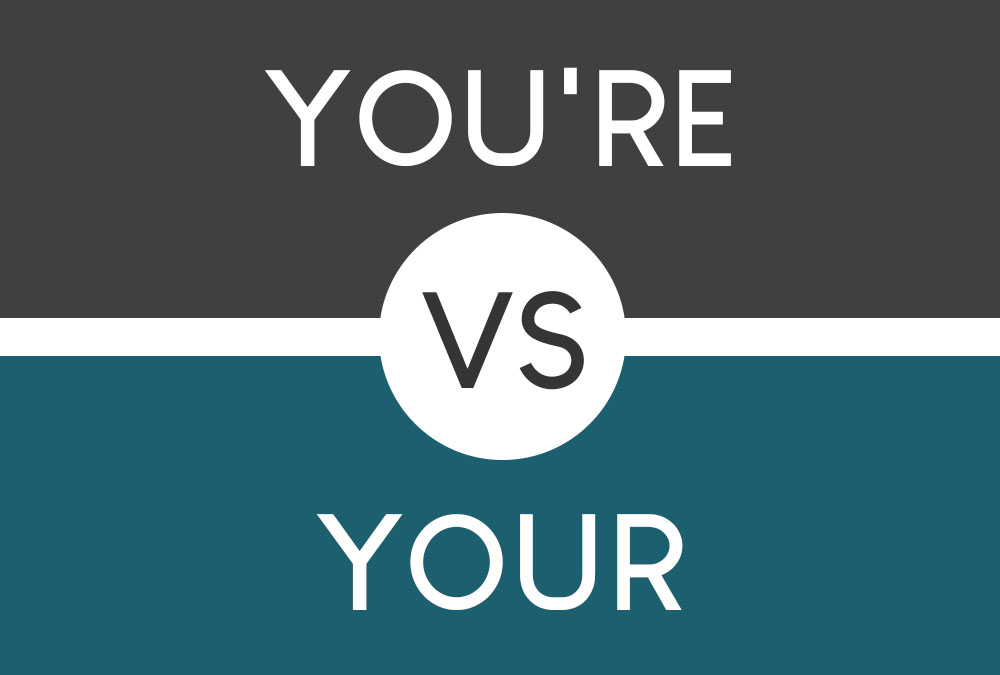Nothing sets off a grammar nazi more than using “your” when you meant to say “you’re.” You’re vs your might be the most common mistake people make when it comes to grammar. And it’s one that netizens will correct and judge you on if you make the mistake of interchanging them. But don’t worry, tons of people still have trouble figuring out how to use apostrophe right. And we can easily remedy that. Here’s a simple guide that will help you overcome the you’re vs your struggle.
You’re
This word is a contraction. A contraction is a shortened word or phrase. In a contraction, you drop one or two letters and replace them with an apostrophe. In this case, “you’re” is short for “you are.” Other contractions include “they’re” (they are) and “I’m” (I am).
Examples
- You’re a talented musician.
- My dad told me that you’re going to apply for an exchange student program next year.
- I’ve noticed that you’re a bit stressed right now, so I bought you a cookie.
- Don’t beat yourself up. You’re doing great.
- I think you’re missing the point of what I’m saying.
Your
This is an example of a possessive adjective. You use it to show ownership of an object. When you use “your,” it is to indicate that the person you are talking to owns the object you are referring to.
Other examples of possessive adjectives are “my” (the owner of the object is the speaker) and “its” (the owner of the object is another object).
Examples
- Don’t forget to tidy your room before you leave.
- I am in love with the color of your hair.
- I found this shirt in the laundry. Is it yours?
- Your cat just peed all over the new carpet.
- Be wary of your surroundings when you are in an unfamiliar place.
You’re vs Your
Although getting these two words mixed up is fairly common, there’s an easy way to remember which word is the right one to use depending on the context. Here’s the trick:
When thinking about which word to use, replace the “you’re” or “your” with “you are” and see if the sentence still works. If it still sounds right, then use “you’re.” But if the sentence doesn’t make sense, then the word you are looking for is “your.”
Examples
I like _____ shirt.
I like you are shirt.
This doesn’t make sense so you shouldn’t be using “you’re.” Instead, the correct word is “your.”
I like your shirt.
He said _____ working today.
He said you are working today.
When you place “you are” in the blanks, the sentence makes sense. Thus, the right word for this sentence is “you’re.”
He said you’re working today.
Use this simple trick, and you’re never going to worry about someone correcting your grammar when it comes to you’re vs your.

